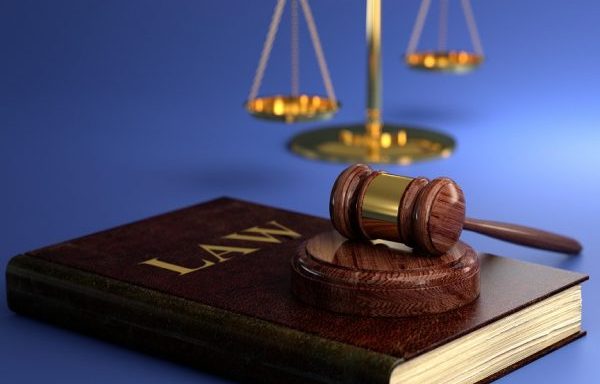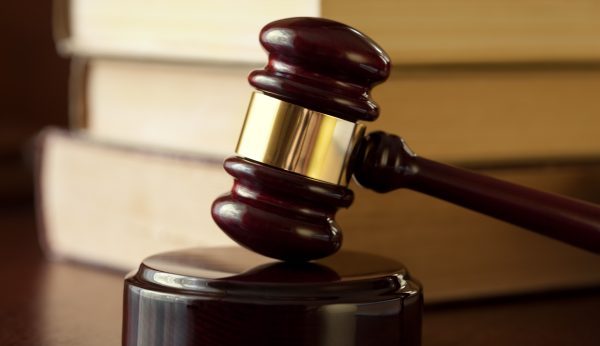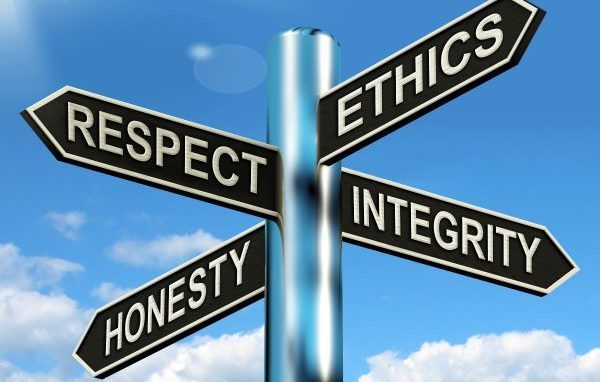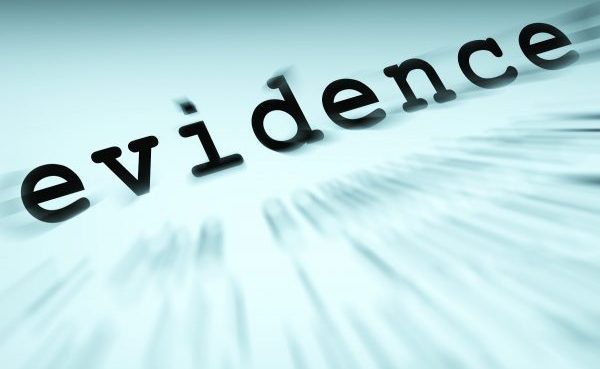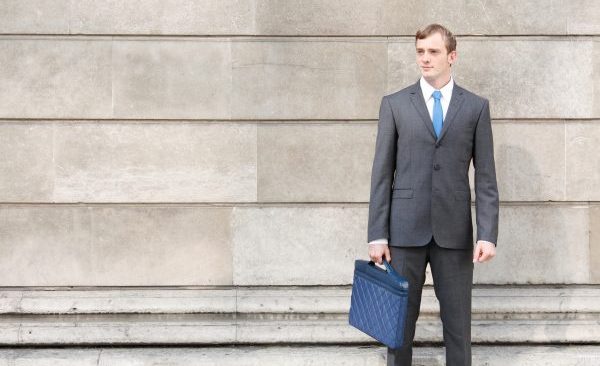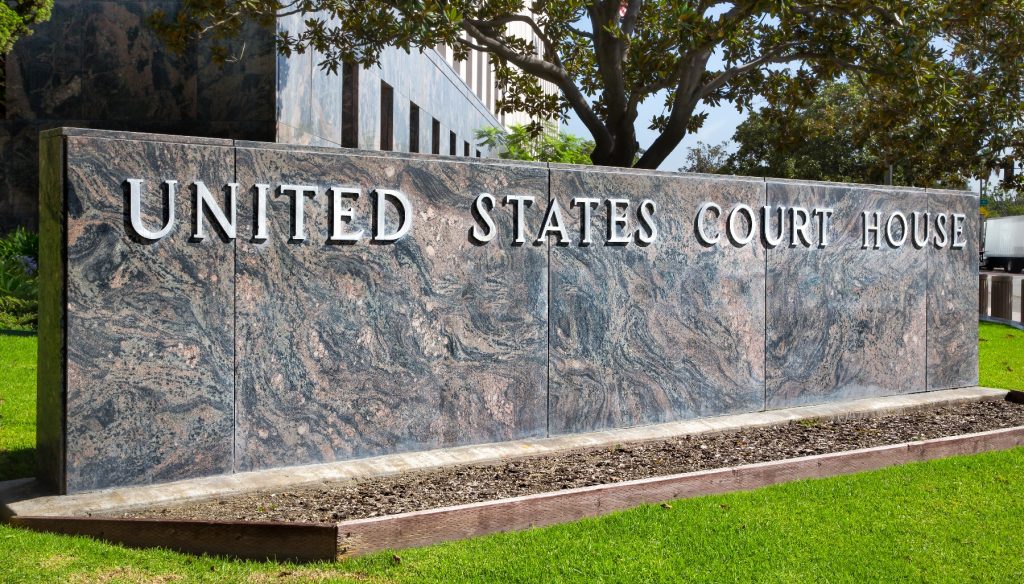The end of summer is approaching, making it prime-time for camping trips. Just be sure to avoid any behaviors that are illegal under state and federal law while enjoying the wilderness with your friends and family. Remember: just because you are alone in nature does not mean you are absolved of your duty to adhere to the law!
Continue reading to learn the top 4 most common crimes people commit while camping to better protect yourself from making similar errors in judgement.

Indiana Criminal Defense 317-636-7514
➀ Hunting Protected Species
Hunting and trapping your meal is a common camping trip activity. Just be sure you are not hunting or trapping any species that is listed as endangered or protected by the state or federal government. Check with your local Department of Natural Resources to review a list of protected species to avoid this mistake. If you are caught hunting, killing, trapping, or transporting an animal on the protected list, you can face criminal charges, heavy fines, and jail time.
➁ Gun Control
Although federal law permits people to carry loaded firearms while visiting national parks and wildlife refuges, you are still obligated to obey all local and state gun control laws. Some jurisdictions are more strict than others, so be sure to check with the county clerks’ office to review the gun laws in the area you’ll be camping.
➂ Vandalism
Vandalism comes in many forms. Even if you consider it art, the state might not. A common crime that is committed by campers is types of graffiti, tampering, or painting of park or state property. In fact, defacing or damaging national park property is a federal crime, meaning you can face felony charges if caught. So needless to say, do not be tempted to write your initials with a sharpie on a rock wall, carve your name into a tree, “tag” a stop sign, or anything else considered vandal acts.
➃ Drug Use
Just because you are in nature, far from society, it does not mean you are exempt to possession and usage laws regarding illegal drugs and substances. If you are caught smoking marijuana, or using other illegal drugs, you will be criminally charged and face a long list of legal consequences. You may think you are all alone out there on the camp grounds, but park rangers and police are close by, protecting the lands.
Indianapolis Criminal Defense

David E. Lewis Attorney at Law 317-636-7514

